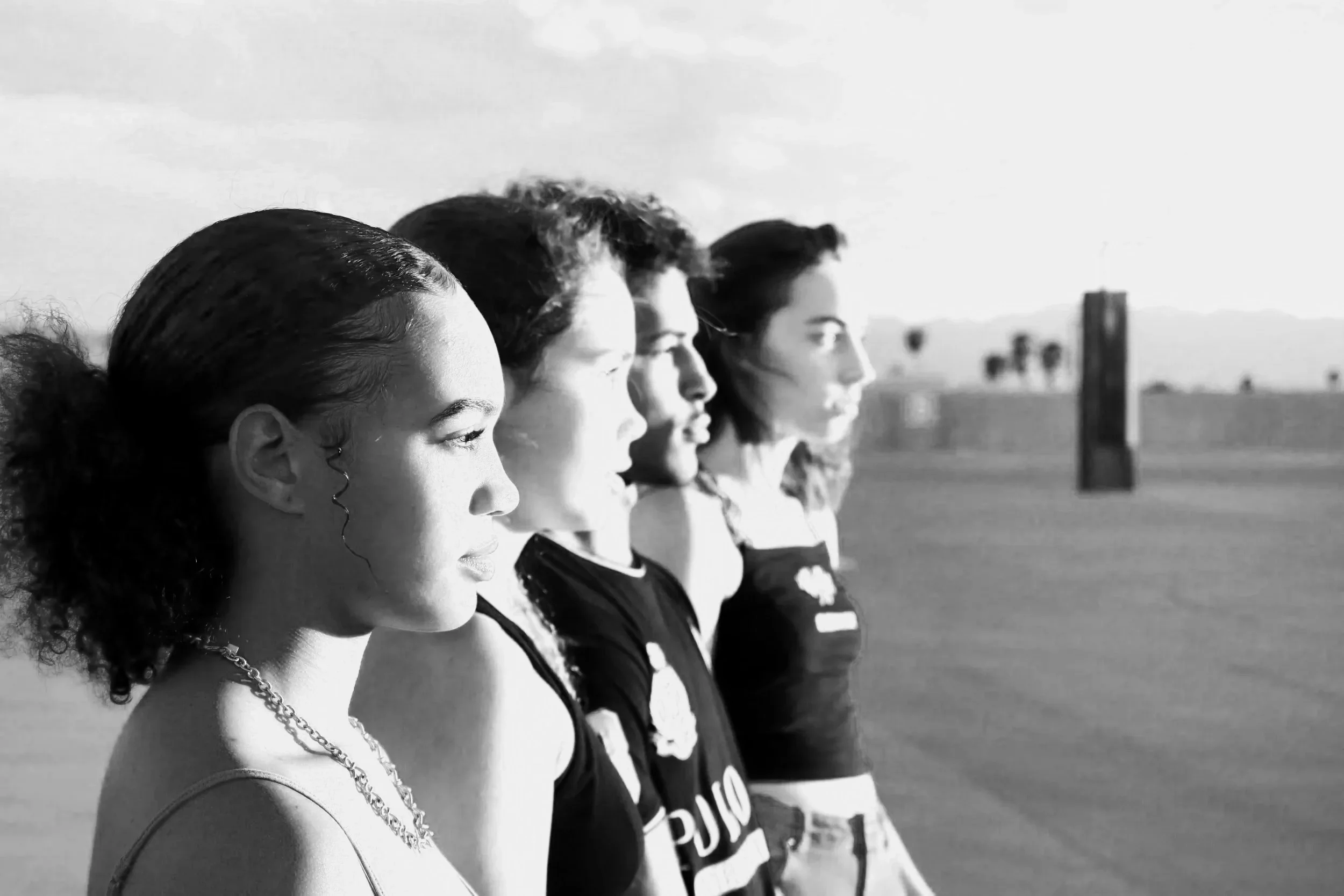What Do I Do If I Don't Like My Friends Anymore?
OK, I’ve seen this quite a lot in my work as a therapist (you can find out more about me here). Clients speak about how they’re uncomfortable having friends they no longer like anymore. Or, they’re afraid of changing because it might mean they lose the people close to them.
It reminds me of something we were told at the beginning of therapy training: “Be prepared to lose some friends. Maybe even partners.”
A curious thing to say at the beginning of a course that’s all about building better relationships.
Thing is, a therapy course might “improve” us as people. But, more fundamentally, the course simply changes us. Quite drastically. After all, therapy is all about personal transformation! So we changed a lot. Not for better, or worse. We just, changed!
Why Do We Change Away From Our Friends?
Just as many of us on the therapy course changed drastically, so do many of us change across our lives. Situations and events can change us. Personal growth can change us. Just time, experience, and getting older can change us.
Sometimes this means we can change away from those who have been with us for quite along time. This includes family, friends, lovers, partners. Our values can change. Our expectations and boundaries too. There’s nothing wrong with this, and sometimes it means we change our desires and preferences when it comes to the people we want to connect with.
It shouldn’t be a judgement of either ourselves or others - just a recognition of change!
What can we do if we grow away from our friends?
We can honour this truth, and be honest, at least in ourselves. If we avoid this, we might start resenting our friends, or even become mean to them. We might start feeling like we’re being held back by them. This is a bad foundation for a friendship.
We can avoid the temptation to judge either ourselves or our friends. There’s no need to blame anyone if we accept that everyone changes, and sometimes that means people can change apart.
We can still be sad. We can recognise that even if it’s true that we don’t want to connect with this or that friend so much anymore, that doesn’t mean we’re not sad or conflicted. It can be really sad letting a long-term friendship go. We might feel loyal. Letting an old friend go might feel like letting an entire part of our lives go, like childhood. We might want to hang on to that part of our lives and our friend or friends are our last way to do that.
No blame. If we choose to talk to our friend or friends directly about it, maybe we should think twice about blaming them for this. This is especially if it’s the case that we’ve changed, not them. You used to like your friend for who they are. If you don’t anymore, and they’re still the same, then that’s on you. If they have changed, they maybe allow them that freedom while admitting you don’t want to connect with them anymore.
Be Kind. Whether we talk to them or not, we can be kind to ourselves and them. There’s no need for hate or anger, though this can be common in this kind of process. People might feel judged, rejected, abandoned, guilty, trapped, or resentful. Those are all reasonable but difficult feelings. Accept that. Accept those feelings, and be kind if you can.
Let Go. If we don’t want to talk about it, we can slowly let the relationship go. If we take this option though, and our friend or friends call us on it, we’re probably going to need to be honest.
In The Comments: What do you think?
Have you ever needed to let friends go?
How did you manage it?
Has a friend ever let you go?
How did they manage it? Was there anything you wish they did better?
Further Support
If you’re finding letting friendships go for whatever reason and would like some support, I am a fully qualified and accredited therapist working online. Feel free to contact me here and we can organise sessions or a free consultation.

